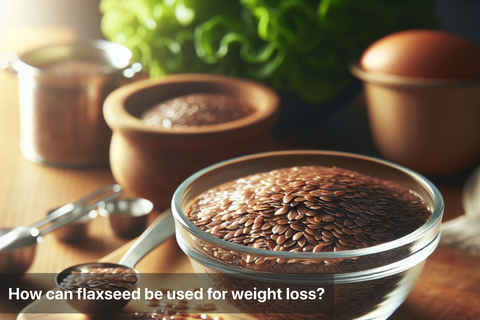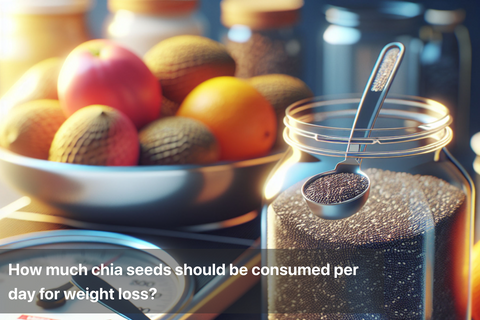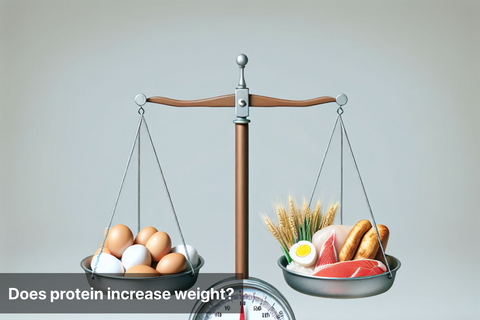
How to gain weight in females?
Understanding the weight gain process for females requires an examination of several physiological and metabolic factors. Women generally have different energy needs compared to men, influenced by factors like hormonal fluctuations and body composition. For those aiming to gain weight, creating a calorie surplus is essential. Essentially, this means consuming more calories than your body expends.
When planning a diet, consider not just the total calorie intake but also the distribution of macronutrients—proteins, fats, and carbohydrates. Proteins play a vital role in building and repairing muscle, making up a significant part of your diet crucial for healthy weight gain. Aim to include protein sources such as lean meats, dairy, legumes, and nuts.
Fats should not be overlooked, as they contribute to calorie density and are crucial for hormonal health. Opt for healthy fats found in avocados, olive oil, and fatty fish. Lastly, carbohydrates provide the energy necessary for workouts and daily activities, especially if you incorporate strength training into your routine.

Creating a Balanced Weight Gain Diet Plan
Certainly! Here is a structured, balanced weight-gain diet plan, ideal for gaining weight healthily:
|
Meal |
Foods |
Details |
|---|---|---|
|
Breakfast |
- 2-3 scrambled eggs with cheese |
Protein & carbs to start the day, fats from avocado for extra calories |
|
Mid-Morning Snack |
- Greek yogurt with granola and honey |
Adds protein and healthy fats, berries for antioxidants |
|
Lunch |
- Grilled chicken or fish |
Balanced meal with lean protein, complex carbs, and healthy fats |
|
Afternoon Snack |
- Smoothie (banana, oats, peanut butter, milk, protein powder) |
High-calorie drink and nutrient-dense snacks |
|
Dinner |
- Beef, turkey, or tofu stir-fry |
Complex carbs and lean protein with veggies for micronutrients |
|
Evening Snack |
- Cottage cheese with honey and nuts |
Protein before bed for muscle repair and added fats for extra calories |
|
Hydration |
- Water throughout the day |
Stay hydrated with low-sugar liquids |
|
Post-Workout |
- Protein shake with oats and banana |
Quick-digesting protein and carbs for recovery |
This plan provides consistent calories and nutrients throughout the day, balanced between proteins, carbs, and fats. Adjust portion sizes based on individual needs.
Incorporating Strength Training and Exercise
Here are six essential points for incorporating strength training and exercise to support healthy weight gain:
1. Focus on Compound Movements
-
Prioritize compound exercises like squats, deadlifts, bench presses, and rows.
-
These exercises target multiple muscle groups, increasing strength and muscle mass.
2. Train Major Muscle Groups
-
Include exercises for legs, back, chest, shoulders, and arms in your routine.
-
Aim to hit each muscle group at least twice a week for balanced growth.
3. Progressive Overload
-
Gradually increase weight, reps, or intensity over time.
-
Progressive overload is key for continuous muscle growth and strength improvements.
4. Prioritize Form and Technique
-
Use proper form to prevent injury and maximize effectiveness.
-
Focus on controlled movements, especially in eccentric (lowering) phases.
5. Rest and Recovery
-
Allow 48 hours of rest for each muscle group between sessions.
-
Get 7-9 hours of sleep per night to aid in muscle recovery and growth.
6. Incorporate Isolation Exercises
-
Add isolation exercises (like bicep curls, tricep extensions, calf raises) to target smaller muscles.
-
Isolation helps achieve a balanced, well-rounded physique.
7. Adequate Warm-Up and Cool-Down
-
Start with a 5-10 minute warm-up (e.g., light cardio, dynamic stretches).
-
Cool down with static stretching to improve flexibility and reduce soreness.
Integrating these elements into a strength training routine can significantly enhance muscle growth, ensuring weight gain is muscle-based rather than fat-based.
Addressing Common Challenges and Myths
Here are some common challenges and myths related to strength training and weight gain, along with ways to address them:
|
Challenge / Myth |
Solution / Reality |
|---|---|
|
Challenge: Difficulty Eating Enough Calories |
Focus on calorie-dense foods like nuts, avocados, and smoothies; eat small, frequent meals throughout the day. |
|
Myth: Eating Fat Will Make You Fat |
Healthy fats are essential for energy and hormones. Include olive oil, nuts, and avocados for nutrient-dense calories. |
|
Challenge: Fear of Gaining Fat Instead of Muscle |
Pair a caloric surplus with strength training; monitor body composition to balance muscle vs. fat gain. |
|
Myth: Cardio Will Ruin Muscle Gains |
Moderate cardio supports cardiovascular health and doesn’t inhibit muscle gain when balanced with strength training. |
|
Challenge: Not Seeing Results Fast Enough |
Muscle gain takes time. Track progress with measurements or photos, and focus on consistency rather than the scale. |
|
Myth: Supplements Are Necessary for Gains |
Whole foods provide key nutrients. Supplements can assist but aren’t essential if diet is balanced with protein, carbs, and fats. |

Female Weight Gain: A Complete Guide
Gaining weight for females involves understanding unique physiological needs and adopting a personalized approach. First, recognizing the importance of a calorie surplus is crucial. This means consuming more calories than you burn, ensuring that your body has the necessary energy to build and sustain weight.
Equally important is the distribution of macronutrients—balancing carbohydrates, proteins, and fats. Each plays a vital role in overall health, muscle development, and energy levels.
It's essential to include nutrient-dense foods in your diet. These foods not only provide the calories needed for weight gain but also supply necessary vitamins and minerals. Incorporating healthy snacks between meals can also help you achieve your caloric goals.
Finally, maintaining consistency and cultivating healthy habits will support long-term benefits. A tailored approach will ultimately lead to success and a healthier, more balanced lifestyle.
This Blog post is an initiative by Lo! Foods, to provide accurate and Nutritionist / Doctor approved information related to Health. Lo! Foods is India's leading brand for Everyday Functional Foods. Foods designed for specific Health conditions or Needs. Lo! Foods also runs India's largest range of Low Carb Healthy Cloud Kitchens, under the brand names of Lo!, ProteinChef, ATH (All Things Healthy) and DiabeSmart.













Leave a comment
Your email address will not be published.